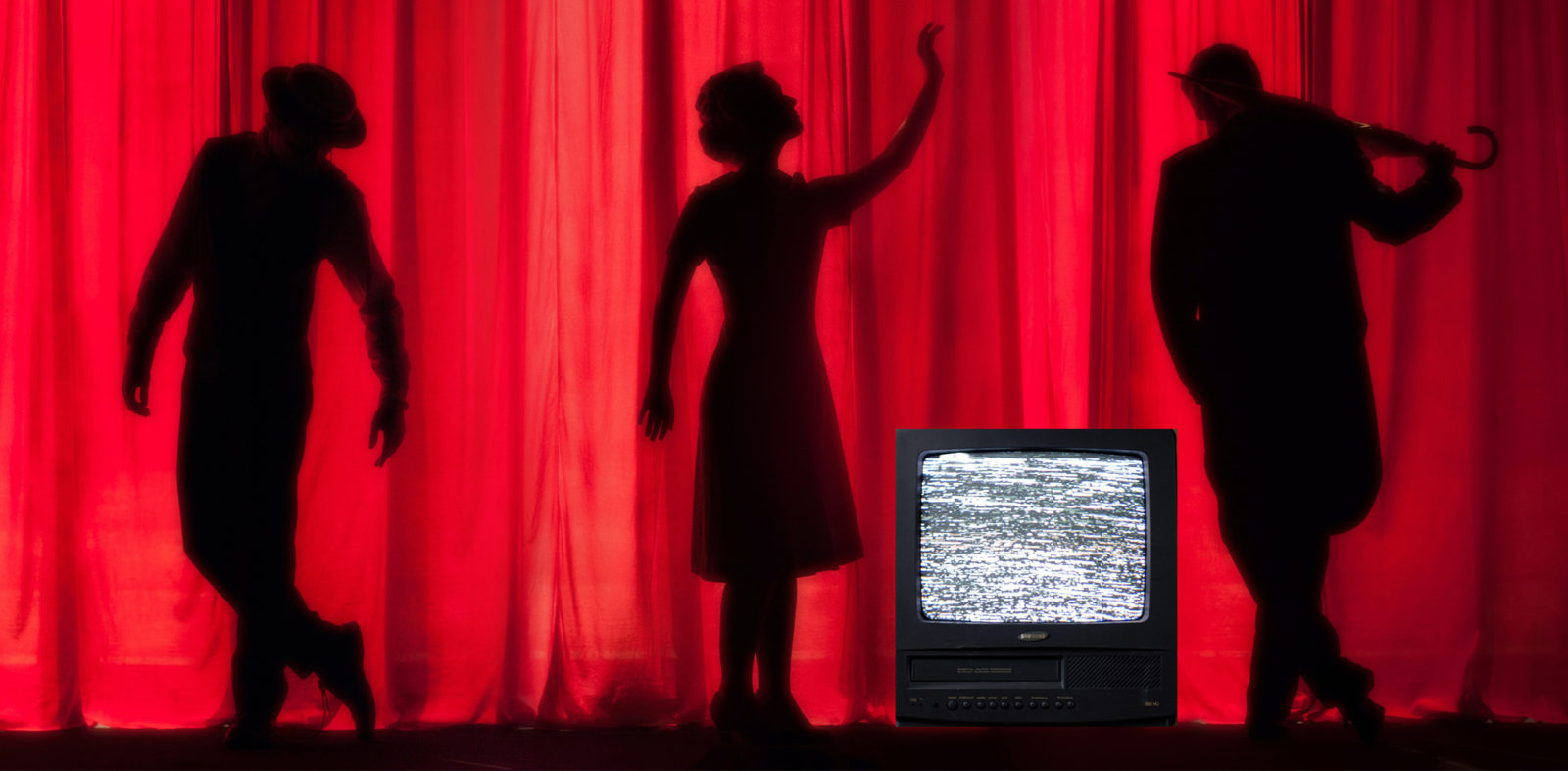Television and the Scope of Russian Theatre from the 1990s to the 2010s: Poetics – Discourses – Public Spheres
Doctoral Researcher
Fabian Erlenmaier

The project explores the impact of television on poetics, discourses and institutions of post-Soviet Russian theater. This impact should not be regarded as simply a curiosity of post-communist Eastern Europe, but rather concerns the end of ideological utopian visions, the rise of neoliberalism, a renaissance of religious-nationalist movements and a “telecratic” public sphere. Against this background, the project focuses on the manifold motifs and stories used in theater plays to examine, both thematically and structurally, post-Soviet television culture.